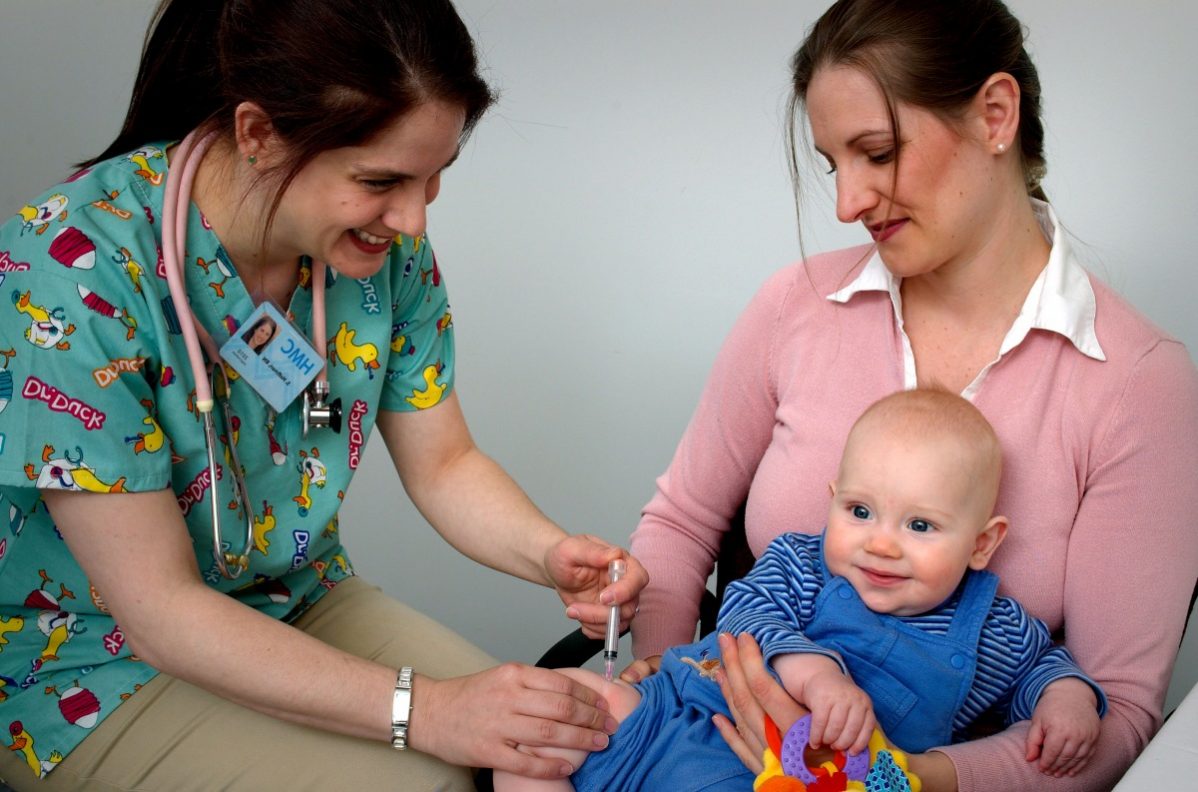Toronto Public Health calls on Health Canada to address vaccine hesitancy
There have been 28 cases of measles reported in Canada this year as of March 23.
This is according to the Canadian government, but the number is staggeringly higher in the United States at a surprising total of 465 cases reported out of 19 states since the beginning of the year.
A likely cause for this outbreak was due to skeptical parents who do not believe in vaccinating their children.
These skeptics are being categorized as ‘anti-vaxxers’ and claim to justify their opinion based off of misinformation found on the internet, which contain concerns about ingredients and side-effects of vaccinations.
“It is important for parents and the public to be aware that much of what they read on the internet from non-scientific and non-validated sources about medical information contain misinformation. Parents should get their medical information from their doctor, and continue going to their physician to ask their health questions,” said Dr. Vinita Dubey, associate medical officer of health for Toronto Public Health (TPH).
Dubey confirmed that social media and the internet are big reasons for vaccine hesitancy being on the rise.
TPH said they play a major role in educating the public about research-based vaccination information.
“The risk of a severe allergic reaction, anaphylaxis is one in a million following vaccination. Yet the risks of getting the diseases and the complications from the diseases is higher,” said Dubey.
On April 8, TPH made recommendations to the Board of Health regarding vaccine hesitancy.
They requested the formation of a similar global recommendation framework to the World Health Organization’s (WHO) convention on tobacco control by regulating anti-vaccine messages that are advertised and promoted.
The WHO has listed vaccine hesitancy as a top 10 threat to global health.
TPH is also urging health professional organizations to inform their members on how to address vaccine hesitancy and promote vaccinations.
“In Canada, about 20 per cent of the population is vaccine-hesitant, meaning they have some concerns about vaccination, but are not firm vaccine refusers. People who are vaccine-hesitant are distinct from vaccine-refusers, who make up less than five per cent of the population,” said Dubey.
Currently provincial legislation is not requiring health care providers to report vaccinations to public health as they have in the past.
Dubey said TPH is continuing to work with the Ministry of Health and Long-term Care to make certain that these vaccination reports are provided to local public health organizations.
TPH has set the goal for national vaccination rates at 90 to 95 per cent.
Dubey stressed that not all information found through independent research is true.
“Some of it may sound convincing, and places a seed of doubt in the parents’ mind, but is in fact not true,” said Dubey.
According to a measles and rubella weekly monitoring report, as of March 23 less than 10 active confirmed cases are in British Columbia.
TPH’s goal is to equip the public with the necessary information in order to make an informed decision on vaccinations.
Their strategy also includes restricting misleading advertising of vaccinations on city property.



